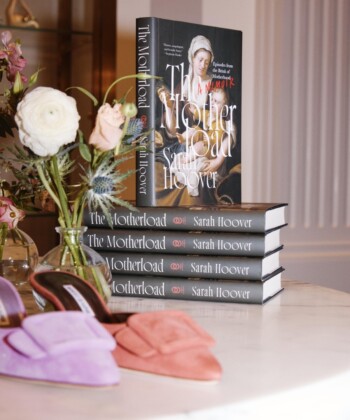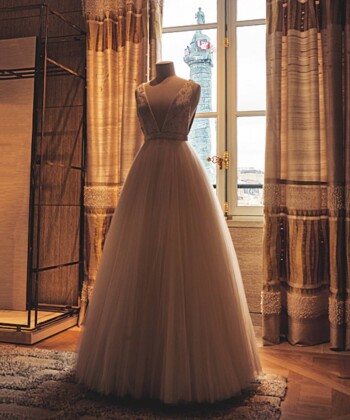Amor Towles is standing in the lobby of the Yale Club. He’s wearing a gray, trimly fitted suit that complements his gray, trimly clipped beard—the respectable sort found on older professional men who’ve earned the leisure of kempt scruff. His handshake has the svelte just-so firmness of a veteran businessman, which is exactly what Towles is—or was—for 20 years.
Towles’ second career began in 2011, when at 47, he published his debut novel, Rules of Civility, which garnered critical applause and climbed the New York Times bestseller list. Rules of Civility captures 1930s New York through the eyes of a young woman from Brooklyn as she navigates the glamorous minefield of Manhattan society. As we settle into armchairs, I think the Yale Club seems quite the appropriate setting to discuss Towles’ second novel, A Gentleman in Moscow, which like its predecessor wades with a gimlet eye through the unavoidable quagmire of social decorum.
A Gentleman in Moscow tells the story of Count Alexander Rostov, an aristocrat who, after the Russian Revolution, is sentenced to house arrest in a grand Moscow hotel. The book spans decades as Rostov builds an existence within his new confines, finding love and friendship in unexpected places and watching his beloved country change radically outside (and inside) the walls of the hotel. The count took his duties as a gentleman very seriously, but after the revolution, everything he exemplified is reviled, and he must consider his worth in this new society.
“Yes, we are back in the world of manners,” Towles says. “It intrigues me that by definition, with civility or etiquette or social class, there’s always a thin line—with all kinds of behavior on either side. You bring different ways of living, different priorities and different privileges into relief the minute you start setting a table.”
This conflict over priority and privilege is the intellectual backbone of Rostov’s struggle to accept the Bolshevik ideology. In one particularly poignant passage, Towles writes, “As we age, we find comfort from the notion that it takes generations for a way of life to fade… But under certain circumstances, this process can occur in the comparative blink of an eye. Popular upheaval, political turmoil, industrial progress—any combination of these can cause the evolution of a society to leapfrog generations… [And] those with newfound power are men who distrust any form of hesitation or nuance, and who prize self-assurance above all.”
I tell him that I felt a surge of sad recognition when I read this passage, because it holds such a mirror to our own time. Towles nods vigorously. “But,” he says, “I try not to dwell too closely on contemporary parallels. I try to create an environment in which universal truths are at play. I’m interested in writing something that is timeless.”
Image: Courtesy of David Jacobs







































